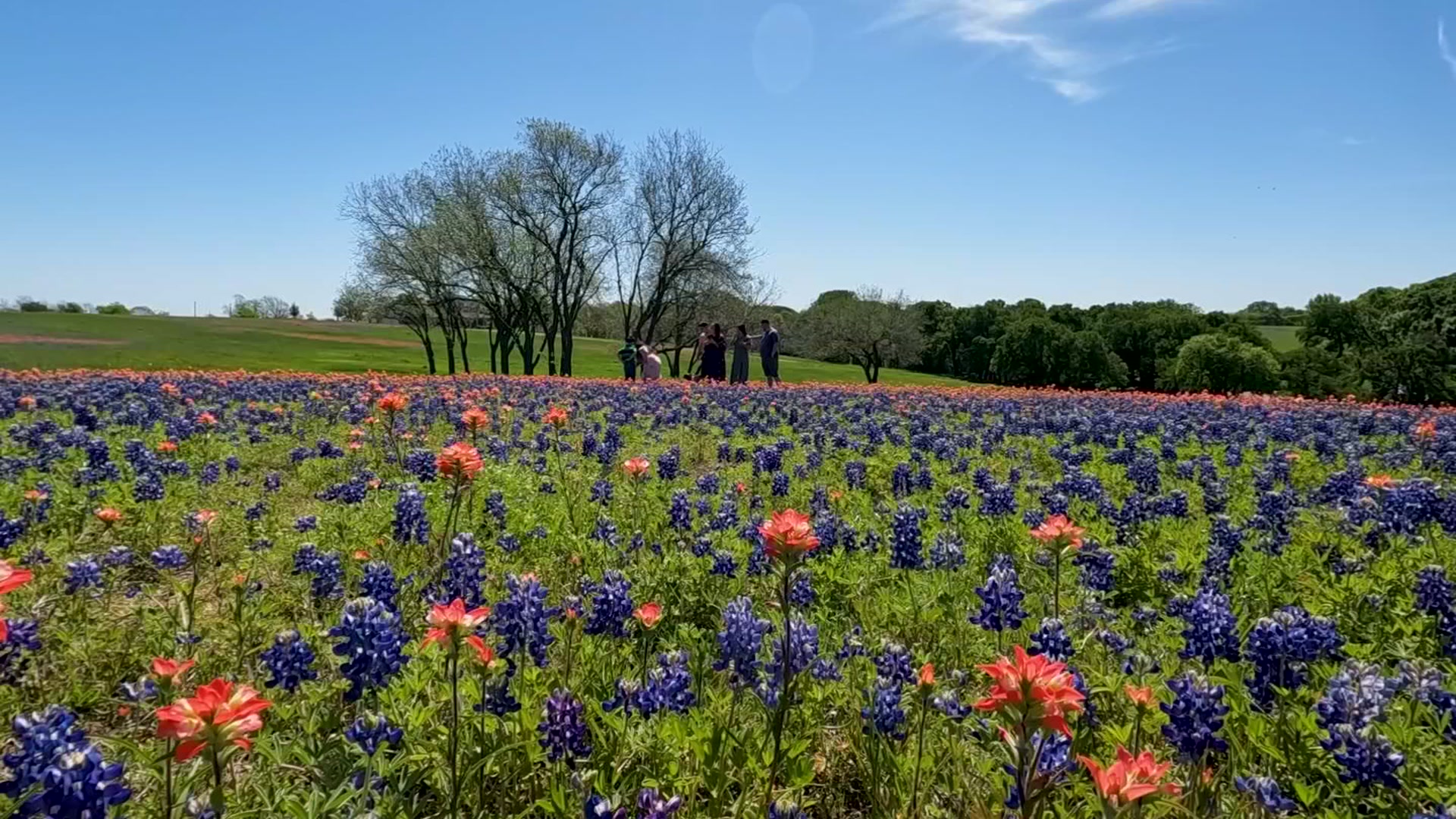The cost of demolishing the vacant Astrodome and building a parking lot in its place would be about $29 million, according to a study commissioned by the Houston Texans and the city's Livestock Show and Rodeo.
Harris County Judge Ed Emmett and the county's commissioners received copies of the study Monday. The Astrodome sits unused and decaying next to Reliant Stadium, and the study recommends imploding the stadium at a cost of $7.3 million. The rest of the cost includes surveys and engineering expenses.
The entire project could be completed within 2½ years, the study said.
KRIV-TV first reported the details of the study, performed by construction firms The Linbeck Group and Walter P. Moore.
The county's commissioners have been considering the fate of the Astrodome since it was deemed unfit for occupancy in 2009. A year ago, a consulting firm presented the county commissioners with several options for the dome's future and recommended a $270 million plan to turn it into a multipurpose facility. The consultants said the cost of tearing down the dome was about $64 million.
In a telephone interview Tuesday, Emmett said he did not see the point of the latest study and that commissioners are still considering all possibilities.
"I didn't see the purpose, other than to say it cost a lot less than previously reported to tear down the dome," Emmett said. "I think we all sort of knew that."
Texas News
News from around the state of Texas.
The issue theoretically could come up at any of the commissioners' court's bi-weekly meetings, Emmett said. Commissioners have been "badgering" the Harris County Sports and Convention Corporation for the best ideas, and the agency is responsible for presenting an agenda item to include in a commissioners meeting, he said.
While lawmakers consider the options, the building annually drains about $3 million from taxpayers for basic maintenance.
Leroy Shafer, the chief operating officer of the rodeo, said the study was only meant to offer the most cost-effective option for commissioners to consider. He said that the Texans and rodeo are not necessarily endorsing the study's findings.
"We have said for the last two years specifically, `Deal with this building. We don't care how you deal with it,"' Shafer said in a phone interview. "You can build a half-a-billion-dollar reconstruction. As long as it is usable by us during our operations and it doesn't interfere with our operations, we're fine with that."
The study is another indication that the Texans and rodeo officials want a decision made very soon.
The city is making a bid to host the Super Bowl in 2017, and Texans owner Bob McNair acknowledged last month that a decision on the Astrodome would help the effort. NFL owners will vote on the host site in May, but Emmett said the commissioners won't "jump through hoops to meet some deadline of the NFL."
Shafer, meanwhile, says the Astrodome has turned into a gigantic obstacle for the livestock show and rodeo, billed as the world's largest live entertainment and livestock exhibition. The rodeo was previously held in the Astrodome but has been held in Reliant Stadium since 2003.
The 2013 version ended Sunday and drew a record crowd of more than 2.5 million across 24 days of events, even though spectators had to walk around the 400,000-square foot dome to get from parking lots to some of the event venues.
"It's a major impediment," Shafer said. "But what's worse is that it's starting to get ugly. It's rusting, the ticket windows that used to be in there are falling apart, the concrete around it is beginning to crack. It's become an eyesore."
But Emmett said there is still consistent support to somehow preserve the building for sentimental and historical reasons. The Astrodome was the world's first multipurpose domed stadium and the city's defining landmark from the time it opened in 1965.
"There is still a lot of that," Emmett said. "But anybody who looks at it honestly will say that with each passing year, that sentiment diminishes."
Shafer has worked for the rodeo for 40 years and said he has nostalgic ties to the dome, too. He also sees new urgency for doing something with the vote on the Super Bowl bid coming up quickly.
"I have a deep fondness for that building, and it breaks my heart to see it fall into such decay," he said. "But the clock has started ticking. We're just saying, `Here is a fast, efficient option. We're OK with any of the other options you have. Here's one you don't have.' That's all we've done."



